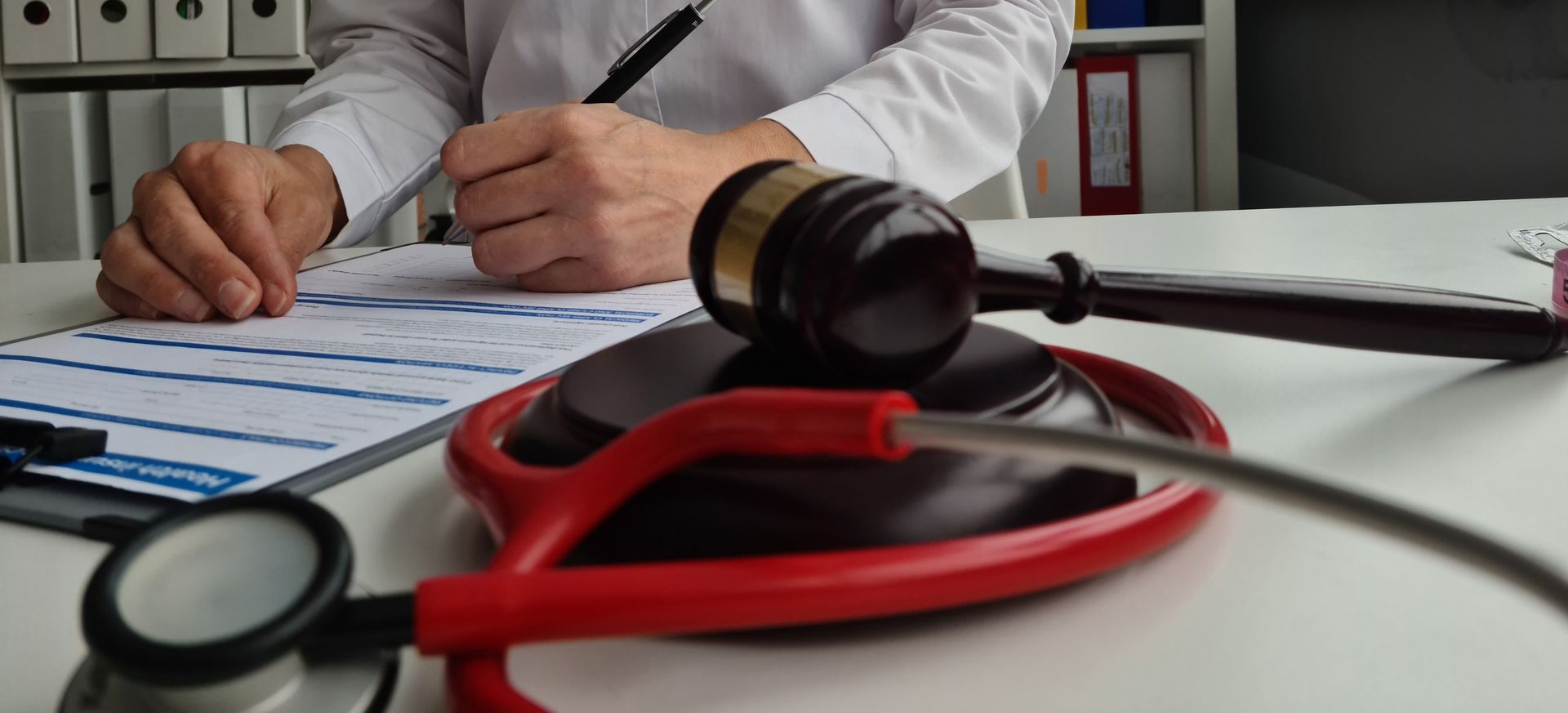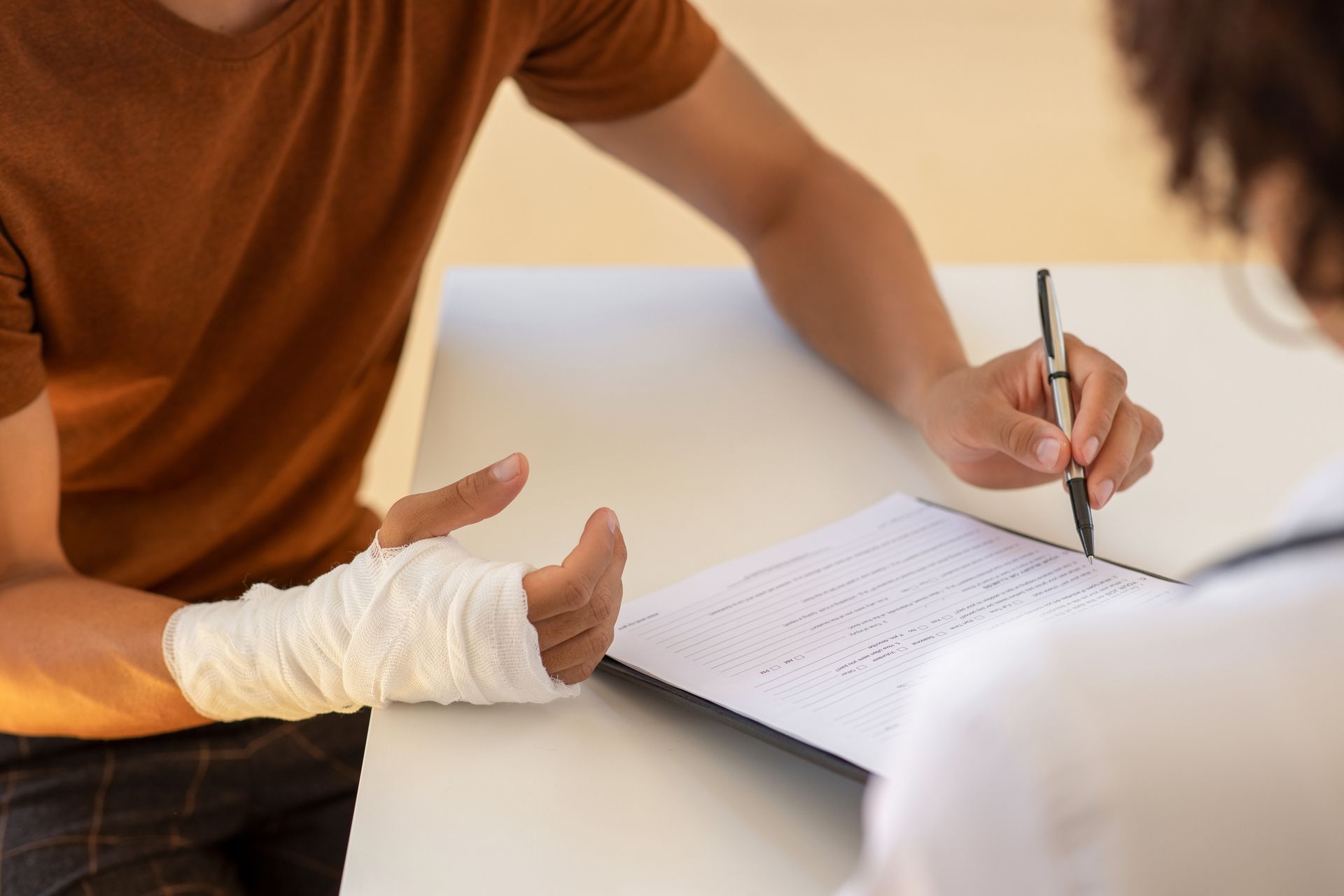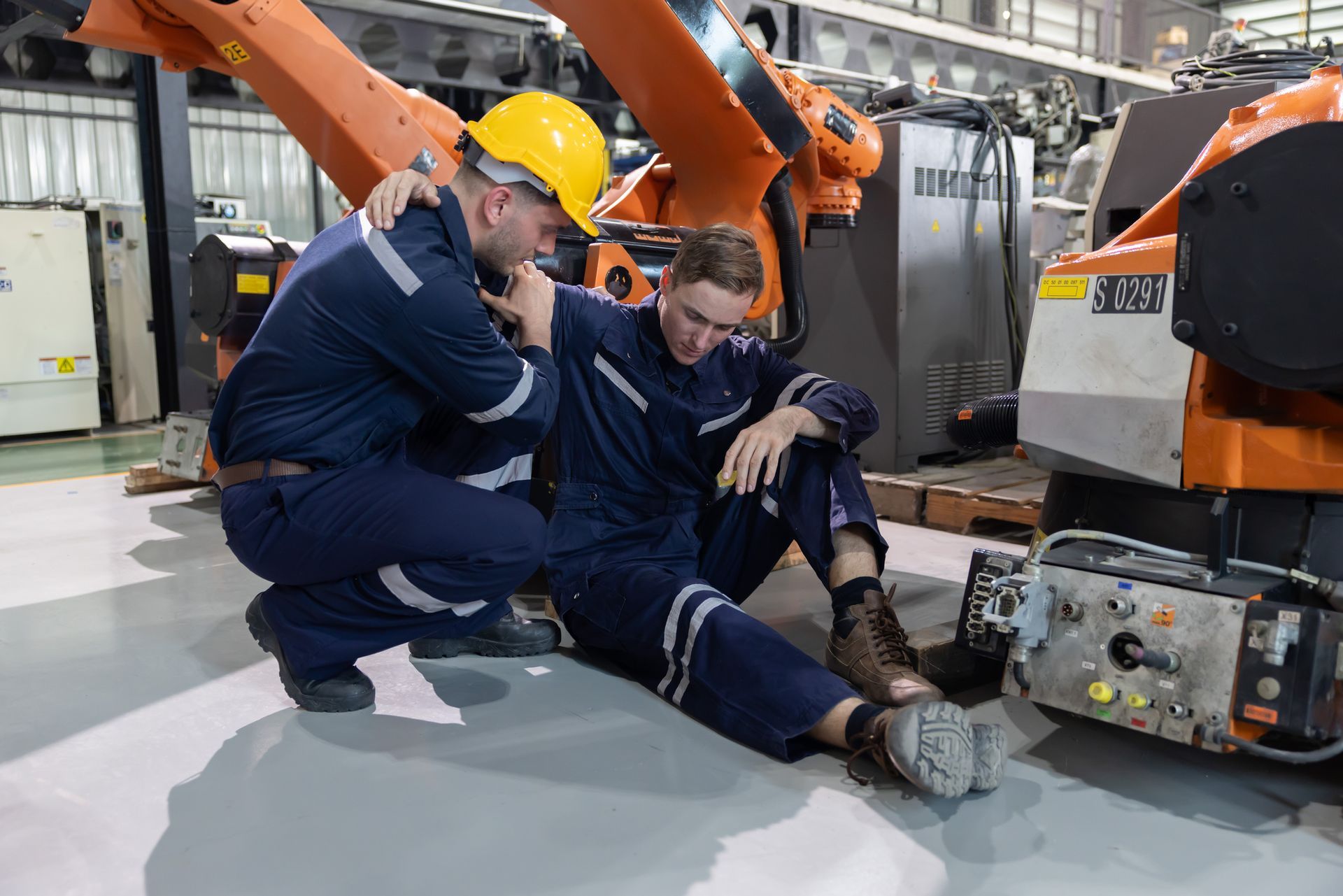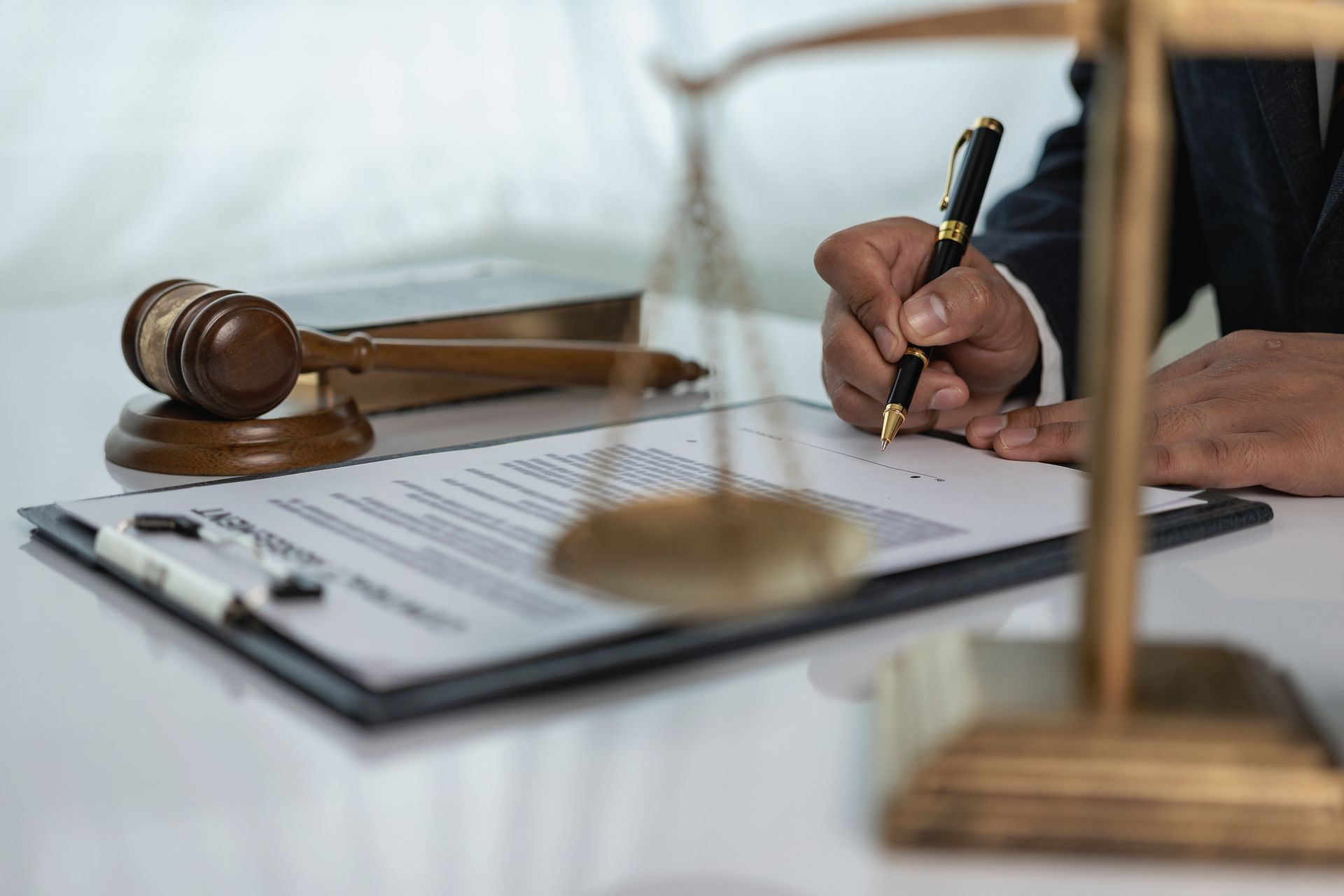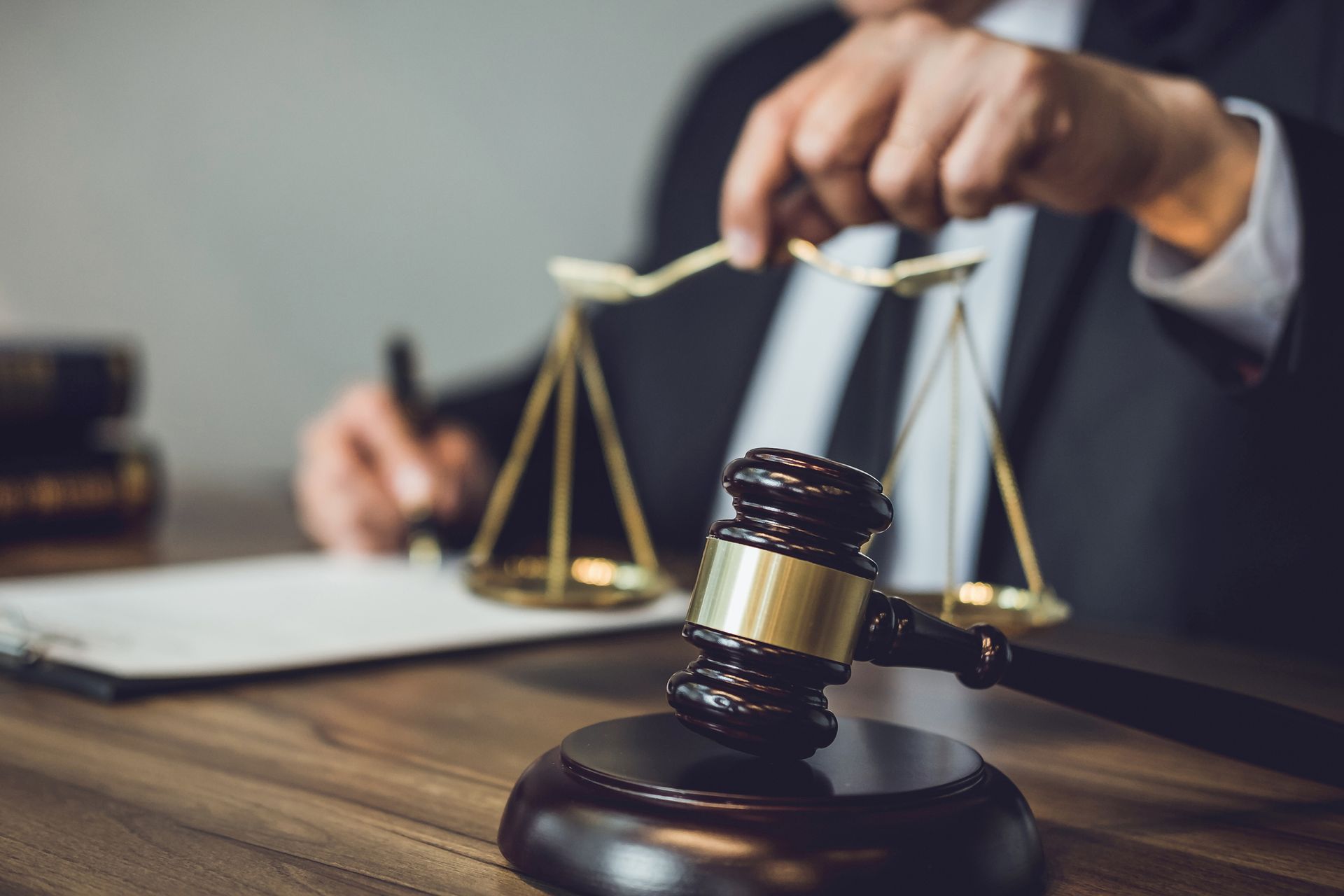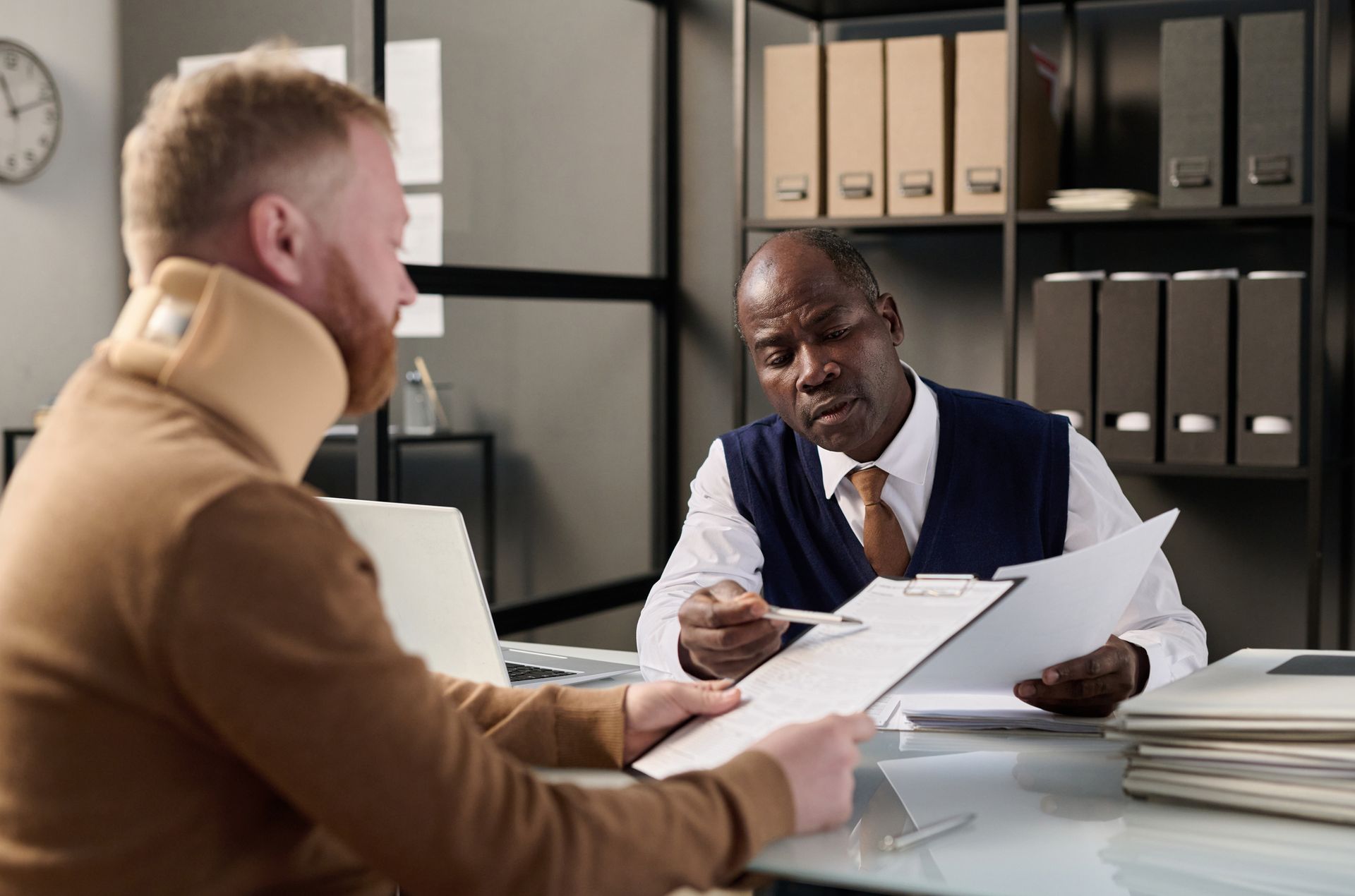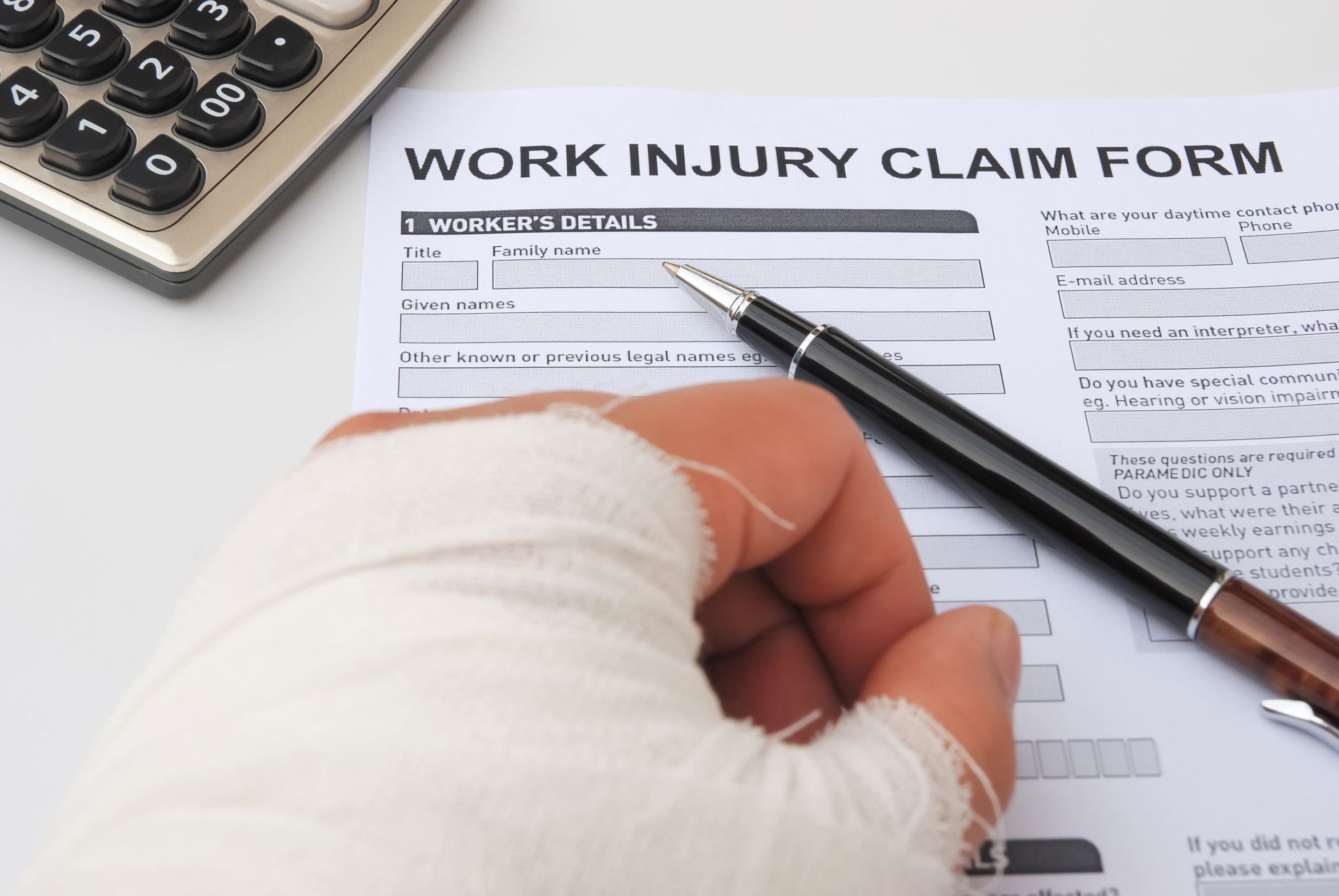Six Critical Steps After a Vehicle Rollover
This is a subtitle for your new post
The jarring reality of a vehicle rollover accident is something no one anticipates. Yet, the potential risk is a sobering fact for truck owners because their vehicles have a greater possibility of rolling over due to their high center of gravity. In the event of a rollover accident, knowing what to do can significantly impact your safety, health, and legal position. Here are six essential actions to take if you find yourself in this terrifying and dangerous scenario.
Assess Personal Safety
If you or anyone in the vehicle is conscious after the rollover, there are immediate safety checks you need to make.
1. Ensure The Safety Of Occupants
Begin by ensuring everyone is responsive. If conditions allow, talk to each person to gauge their state. If there are any unconscious individuals, assessing their condition and providing assistance if needed is imperative.
2. Evaluate For Severe Bleeding Or Injuries
Serious injury often results from a rollover, including blunt force trauma and lacerations. Assess everyone in the vehicle for dislocations, broken bones, or wounds requiring urgent attention. Apply pressure to any wounds to control bleeding if necessary, but be cautious not to move a person if you suspect a spinal injury.
3. Consider Vehicle Egress
If it is safe to do so, try to exit the vehicle. Identify any hazards such as fire, oncoming traffic, or unstable ground that may require a specific method of egress. Only move passengers who are at risk or if there's immediate danger.
Contact Emergency Services
Once it is established that you and your passengers are relatively safe outside the vehicle, your next critical move is to contact emergency services. Provide the dispatch personnel with your location, the number of people involved, and a brief description of the condition of those injured. This step is crucial, as it begins a timeline of events that can be critical for rescue and treatment. If you have any training in first aid, now is the time to put it to use. Attend to others who are wounded, making sure to prioritize care based on the severity of injuries. Finally, signaling methods, such as flares or reflective clothing, can be used to help emergency responders locate the accident site faster. This also alerts passing motorists to the potential danger up ahead.
Take Safety Precautions While Waiting
If it is safe and you can do so, turn off the vehicle's engine to prevent fires. Activate hazard lights, place warning triangles or flares if available, and use any means possible to warn oncoming traffic. If you are by a busy road or damaged vehicle, guide others to a safe location or move them to an area with less risk of further injury. If weather conditions expose you to extreme temperatures, find shelter or distribute extra clothing to protect against heat- or cold-related illnesses.
Document the Accident and Gather Information
Capture photos or videos of the accident from various perspectives, documenting the vehicles' positions, skid marks, and other pertinent details. This evidence can be pivotal for reconstructing the events leading to the rollover. Get the contact information of any witnesses present at the scene. Their account could offer additional context to support your case. Don't forget to contact a legal representative experienced in vehicular accidents, specifically rollovers, who can ensure you are well-advised on your legal options from the outset.
Mental and Emotional Well-being
The aftermath of a rollover involves more than just physical concerns. Your mental and emotional health is equally vital. You and your passengers may experience PTSD or other trauma-related conditions after the accident. You should seek mental health support to address any emotional distress. Sharing your experience and feelings with others can also be therapeutic.
By diligently following each of these steps, truck owners can significantly enhance their safety and legal position in the event of such an accident. Remember, the decisions you make in the moments after a rollover can affect your life and the lives of others for years to come. Take the right steps, stay informed, and prioritize your health and well-being. If you need a lawyer to help you with your rollover case,
contact our team at Maxwell Law Firm P.C.

